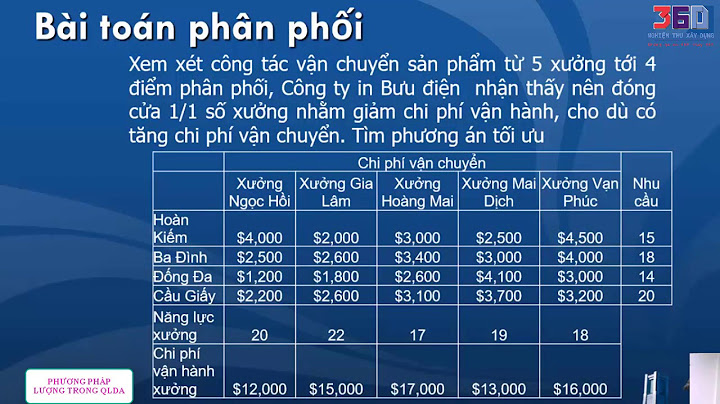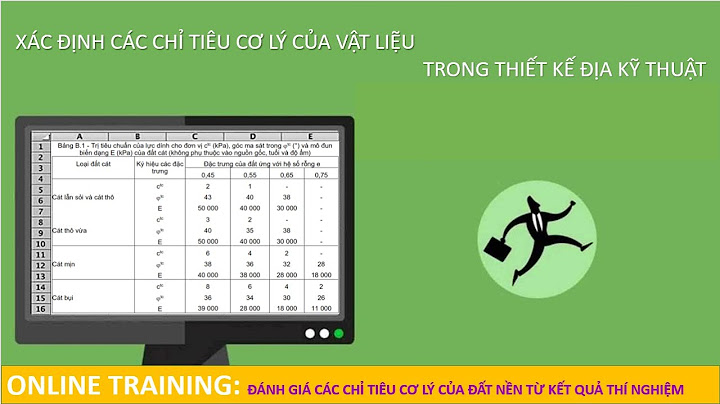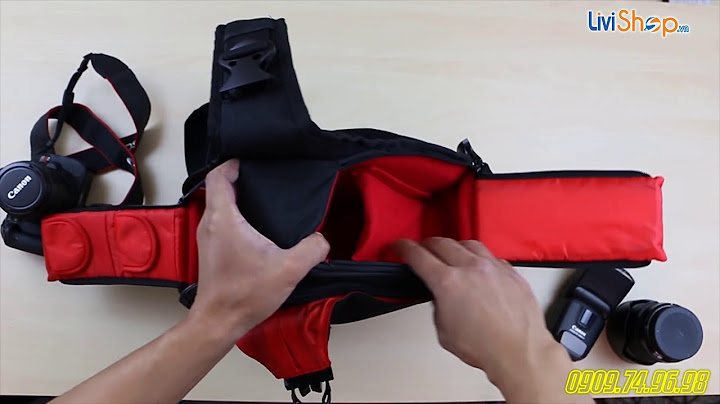Chỉnh hợp chập K của N phần tử là tổng số phép chọn K phần tử có phân biệt thứ tự trong tập hợp N phần tử. Chỉnh hợp là một trong những công thức cơ bản trong bộ môn toán xác suất thống kê, bộ môn này có giá trị áp dụng thực tiễn rất cao, có thể nói xác suất thông kê là một trong những môn toán hữu dụng nhất và được áp dụng rộng rãi nhất trong những loại toán được học thời phổ thông. Ví dụ đơn giản: Có 6 cách chọn 2 số có phân biệt thứ tự trong tập hợp 3 số 1,2,3 Chỉnh hợp khác tổ hợp ở chỗ chỉnh hợp có phân biệt thứ tự trong mỗi tập hợp con, còn tổ hợp thì không phân biệt thứ tự. Công thức tính chỉnh hợp Ý nghĩa thực tiễn của chỉnh hợp - Áp dụng trong hầu hết các thuật toán xổ số, chỉnh hợp là một phần không thể thiếu trong những thuật toán xổ số phức tạp. Mã:
Option Explicit
Dim a, S, sTran&, sVong&, sD&
Dim n&, i&, r&, k&, j&, j2&, c&, t&, z&, iKey$, iKey2$
Sub XYZ()
Dim sArr(), res(), dic As Object, sDoi&
Randomize
Set dic = CreateObject("scripting.dictionary")
With Sheets("Ten")
sArr = .Range("B4", .Range("B" & Rows.Count).End(xlUp)).Value
End With
sDoi = UBound(sArr)
Call XepLich(res, sArr, dic, sDoi)
n = UBound(res)
For j = 1 To sVong 'Gan ten cac doi
For i = 1 To sTran
S = Split(res(i, j), "_")
res(i, j) = sArr(CLng(S(0)), 1) & "_" & sArr(CLng(S(1)), 1)
Next i
If n > sTran Then res(n, j) = sArr(res(n, j), 1)
Next j
Sheets("Sheet1").Range("B4:X100").ClearContents
Sheets("Sheet1").Range("B4").Resize(n, sVong) = res
End Sub
Private Sub XepLich(res, sArr, dic, sDoi)
Dim bDoiLe As Boolean
bDoiLe = ((sDoi Mod 2) = 1)
If bDoiLe Then sVong = sDoi Else sVong = sDoi - 1 'So vong dau
sTran = sDoi \ 2 'So Tran 1 vong
sD = sTran * 2 'so Doi 1 vong
TuDau:
If bDoiLe = True Then
ReDim res(1 To sTran + 1, 1 To sVong)
a = UniqueRand(sVong)
For n = 1 To sVong
res(sTran + 1, n) = a(n)
Next n
Else
ReDim res(1 To sTran, 1 To sVong)
End If
For n = 1 To sVong
TroLai:
If bDoiLe = True Then
a = CreateUniqueRand(sDoi, res(sTran + 1, n))
Else
a = UniqueRand(sD)
End If
k = 0: i = 0
Do While k < sTran
i = i + 1
If a(i) <> Empty Then
k = k + 1
res(k, n) = a(i)
a(i) = Empty
For j = i + 1 To sD '***
If a(j) <> Empty Then
iKey = KeyValue(res(k, n), a(j))
If dic.exists(iKey) = False Then
dic.Add iKey, ""
res(k, n) = iKey
a(j) = Empty
Exit For
End If
End If
Next j
If j = sD + 1 Then '***
For r = 1 To k - 1
S = Split(res(r, n), "_")
For c = 0 To 1
iKey = KeyValue(res(k, n), S(c))
If dic.exists(iKey) = False Then
If c = 0 Then t = S(1) Else t = S(0)
For j2 = i + 1 To sD '***
If a(j2) <> Empty Then
iKey2 = KeyValue(t, a(j2))
If dic.exists(iKey2) = False Then
dic.Remove (res(r, n))
res(r, n) = iKey2: res(k, n) = iKey
dic.Add iKey, "": dic.Add iKey2, ""
a(j2) = Empty
GoTo Thoat
End If
End If
Next j2
End If
Next c
Next r
If r = k Then '****
z = z + 1
If z = 50 Then dic.RemoveAll: z = 0: GoTo TuDau
Call RemoveDic(res, dic)
GoTo TroLai
End If
End If
End If
Thoat:
Loop
Next n
End Sub
Private Sub RemoveDic(ByRef res, ByRef dic)
For r = 1 To k - 1
dic.Remove (res(r, n))
Next r
End Sub
Private Function KeyValue(ByVal val_1, ByVal val_2) As String
If CLng(val_1) < CLng(val_2) Then
KeyValue = val_1 & "_" & val_2
Else
KeyValue = val_2 & "_" & val_1
End If
End Function
Private Function CreateUniqueRand(ByVal n As Long, ByVal notNum) As Variant
Dim arr, res, i&, k&
arr = UniqueRand(n)
ReDim res(1 To n - 1)
For i = 1 To n
If arr(i) <> notNum Then
k = k + 1
res(k) = arr(i)
End If
Next i
CreateUniqueRand = res
End Function
Private Function UniqueRand(ByVal n As Long) As Variant
Dim arr() As Long, i&, RndNum&, tmp&
ReDim arr(1 To n)
'Randomize
For i = 1 To n
RndNum = Int(n * Rnd() + 1)
If arr(RndNum) = 0 Then tmp = RndNum Else tmp = arr(RndNum)
If arr(n) = 0 Then arr(RndNum) = n Else arr(RndNum) = arr(n)
arr(n) = tmp
n = n - 1
Next i
UniqueRand = arr
End Function
|





















